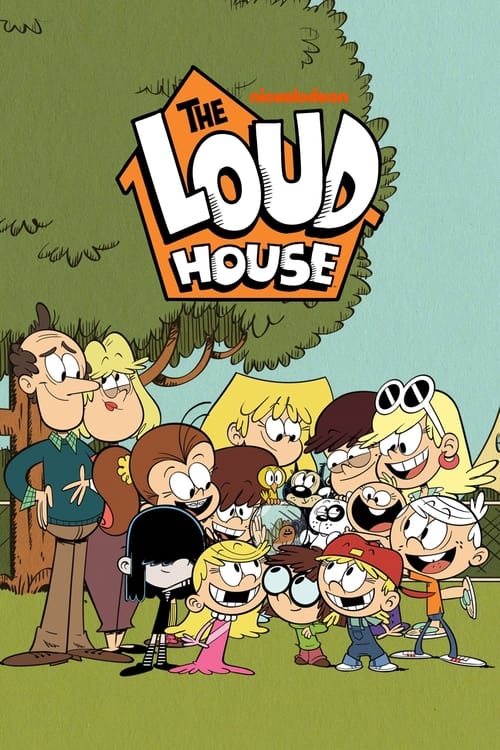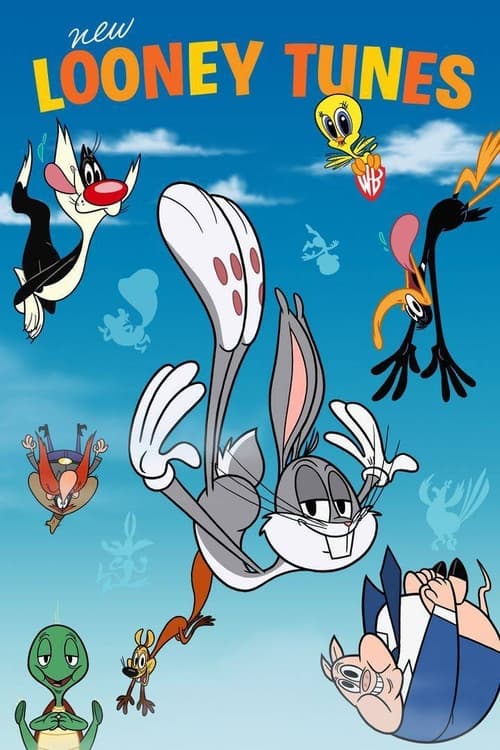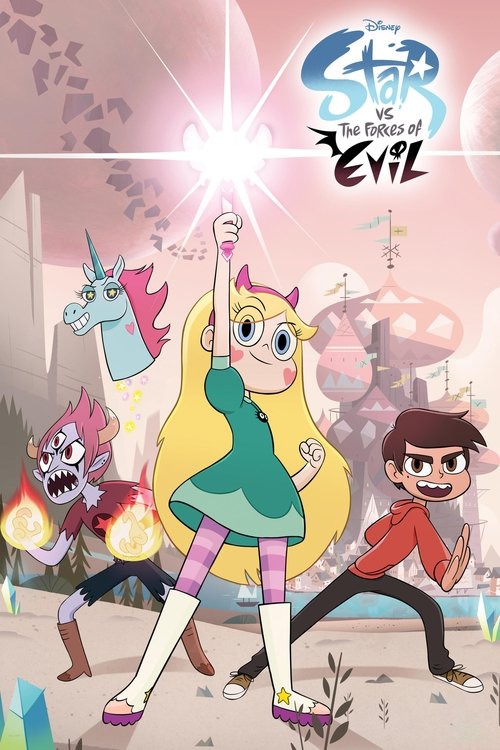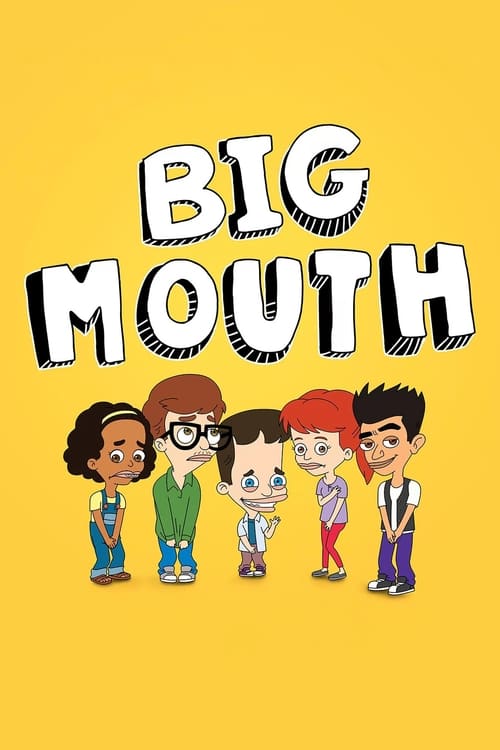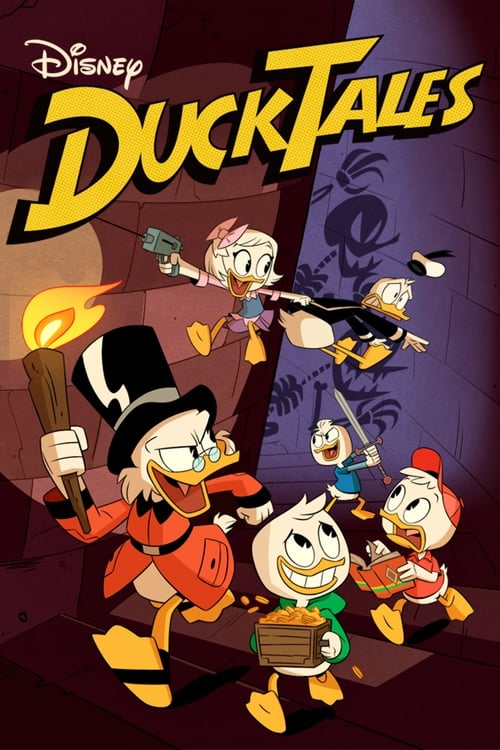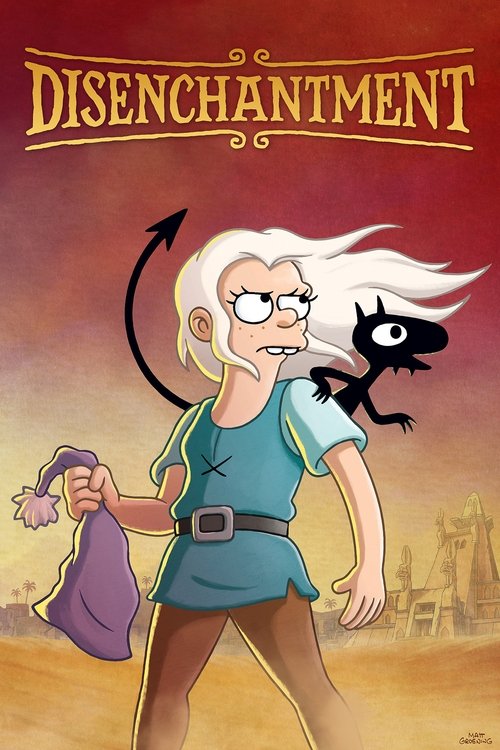
Ask Your Own Question
What is the plot?
Bluey and Bingo are excitedly playing in the backyard when they overhear their dad, Bandit, making a promise to take them to the park. The girls are thrilled and start imagining all the fun they will have. However, Bandit is busy with chores and tries to explain that he might not be able to keep his promise right away. The girls, filled with anticipation, insist that he must take them to the park as promised.
As Bandit continues with his chores, Bluey and Bingo become increasingly impatient. They start to play a game where they pretend to be at the park, using their imaginations to create a fun atmosphere. They run around, pretending to swing on swings and slide down slides, all while reminding Bandit of his promise. Bandit, feeling the pressure, tries to finish his tasks quickly but is clearly torn between his responsibilities and his daughters' excitement.
After a while, Bandit finally finishes his chores and decides to take Bluey and Bingo to the park. The girls are ecstatic and rush to get ready. They put on their shoes and grab their hats, all the while chattering about what they will do first at the park. Bandit, now feeling relieved, joins in their excitement and encourages them to think about their favorite activities.
Once they arrive at the park, Bluey and Bingo run off to play. They climb on the jungle gym, swing on the swings, and slide down the slide, all while Bandit watches with a smile. However, as they play, Bluey and Bingo start to realize that they have made a promise to each other to always play together and not leave anyone out. This realization leads to a moment of reflection for both girls as they navigate their playtime.
As the day progresses, Bluey and Bingo encounter a situation where they must decide whether to stick to their promise or to explore their individual interests. They find themselves at a crossroads, with Bluey wanting to try the big slide while Bingo is more interested in the sandpit. The tension builds as they discuss what to do, and they ultimately decide to split up for a short time, promising to meet back at the swings.
While they are apart, Bluey enjoys the thrill of the big slide, but she starts to feel lonely without Bingo by her side. Meanwhile, Bingo is having fun in the sandpit but misses playing with Bluey. Both girls reflect on their promise to each other and realize that playing together is more important than playing separately.
Eventually, they reunite at the swings, where they share their experiences and feelings. They acknowledge that while it was fun to try new things, they are happiest when they are together. This heartfelt moment reinforces their bond and the importance of keeping promises to each other.
As the day comes to an end, Bandit gathers Bluey and Bingo to head home. The girls are tired but happy, and they express their gratitude to Bandit for taking them to the park. Bandit smiles, feeling fulfilled as a dad, knowing he kept his promise and created a memorable day for his daughters. The episode concludes with the family walking home, chatting about their favorite moments from the day, solidifying the theme of promises and togetherness.
What is the ending?
In the ending of "Promises," Bluey and Bingo finally fulfill their promise to each other to play a game of "Mum and Dad." They enjoy their time together, but when they realize they have to go to bed, they feel a mix of happiness and sadness. The episode concludes with Bluey and Bingo snuggling up with their dad, Bandit, as they reflect on their day and the importance of keeping promises.
As the episode unfolds towards its conclusion, we see Bluey and Bingo engaged in their imaginative play, where they take on the roles of parents. They are filled with excitement and joy as they navigate their pretend world, showcasing their creativity and the bond they share as siblings. The scene is vibrant, filled with laughter and playful banter, highlighting their strong connection.
However, as the game progresses, the reality of bedtime looms over them. The atmosphere shifts slightly as they realize that their fun is coming to an end. Bluey, feeling the weight of the promise they made to each other, expresses a sense of reluctance to stop playing. Bingo, too, feels the bittersweet nature of their game ending, as they both cherish the moments spent together.
In the final moments, Bandit, their father, enters the scene, providing comfort and warmth. He encourages them to snuggle up, and as they do, the mood shifts back to one of contentment. The three of them share a tender moment, reflecting on the day's adventures. Bluey and Bingo, despite the sadness of the game ending, find solace in their father's presence, reinforcing the theme of family and the importance of promises made between siblings.
The episode closes with a sense of fulfillment, as Bluey and Bingo realize that while their game has ended, the love and connection they share will always remain. Each character finds peace in the moment, with Bluey and Bingo feeling happy about their day and Bandit providing a comforting presence, ensuring that the bonds of family and the joy of keeping promises are celebrated.
Is there a post-credit scene?
In the episode "Promises" from Season 3 of Bluey, there is no post-credit scene. The episode concludes without any additional content after the credits roll. The focus remains on the main storyline, which revolves around Bluey and Bingo making promises to each other and the lessons they learn about keeping those promises throughout their playtime. The episode emphasizes themes of trust, responsibility, and the importance of following through on commitments, encapsulating the emotional journey of the characters without extending into a post-credit scene.
What promise does Bluey make to Bingo in the episode 'Promises'?
In the episode 'Promises', Bluey promises Bingo that they will play a game together after Bluey finishes her chores. This promise sets the stage for the events that unfold as Bluey navigates her responsibilities while trying to keep her word to her sister.
How does Bluey feel about keeping her promise to Bingo throughout the episode?
Throughout the episode, Bluey experiences a mix of determination and frustration. She is initially excited about the promise but becomes increasingly anxious as her chores take longer than expected, leading to feelings of guilt and pressure to fulfill her commitment to Bingo.
What challenges does Bluey face while trying to keep her promise to Bingo?
Bluey faces several challenges while trying to keep her promise, including distractions from her chores, the temptation to play instead of working, and the pressure of time as she realizes that she might not be able to play with Bingo as soon as she hoped.
How does Bingo react to Bluey's promise and the situation that unfolds?
Bingo is initially excited about the promise and looks forward to playing with Bluey. However, as time passes and Bluey struggles to complete her chores, Bingo's excitement turns to disappointment, showcasing her emotional investment in their planned playtime.
What lesson do Bluey and Bingo learn about promises by the end of the episode?
By the end of the episode, Bluey and Bingo learn the importance of communication and understanding when it comes to promises. They realize that while keeping promises is important, it's also essential to be flexible and supportive of each other when things don't go as planned.
Is this family friendly?
In the episode "Promises" from Bluey, Season 3, there are no overtly objectionable or upsetting scenes. The episode focuses on themes of trust, promises, and the importance of keeping one's word, which are presented in a light-hearted and relatable manner for children.
However, sensitive viewers might find moments of mild frustration or disappointment as the characters navigate the challenges of making and keeping promises. The emotional stakes are handled gently, but there may be instances where characters feel let down or anxious about fulfilling their commitments. Overall, the episode maintains a family-friendly tone, emphasizing positive values and emotional growth.




